As technology evolves, older phone models gradually lose support for new apps and updates, rendering them less functional over time. This year, several popular devices will face this challenge, impacting their users’ ability to access essential apps. Here’s a look at some of these phones and the implications of their dwindling app support.
iPhone 6
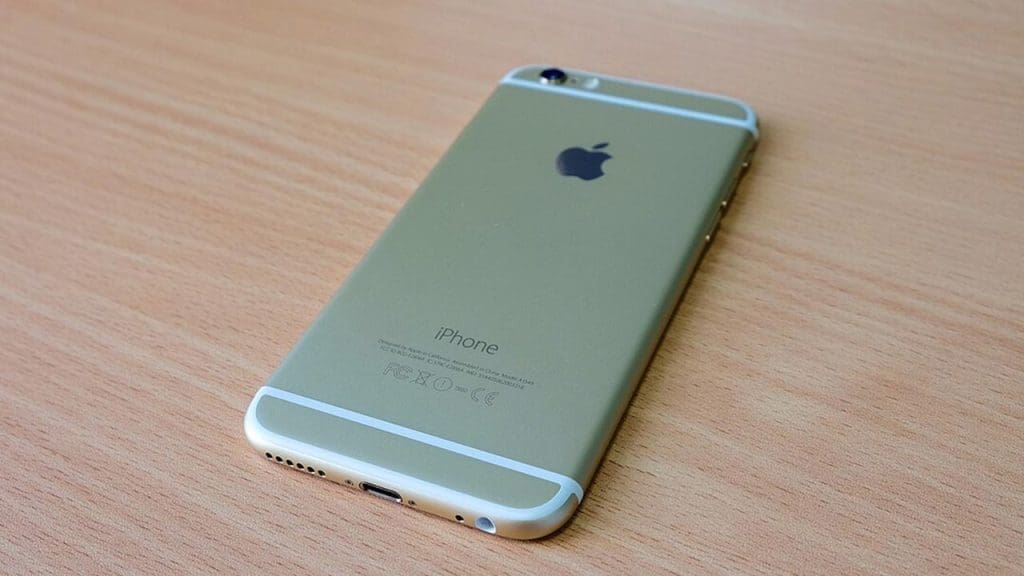
The iPhone 6, once a flagship device, is now reaching the end of its app lifecycle. Apple has steadily moved away from supporting older models as newer iOS versions require more advanced hardware. With iOS updates no longer available, users will start experiencing limited access to app functionality. For example, some users have reported issues with accessing popular apps like fitness apps that rely on newer iOS features.
This shift affects security as well. Without updates, the iPhone 6 is more vulnerable to security risks, making it crucial for users to consider an upgrade if they want to maintain access to secure and functional apps. This change highlights how critical it is to stay informed about advancements in mobile technology.
Samsung Galaxy S5
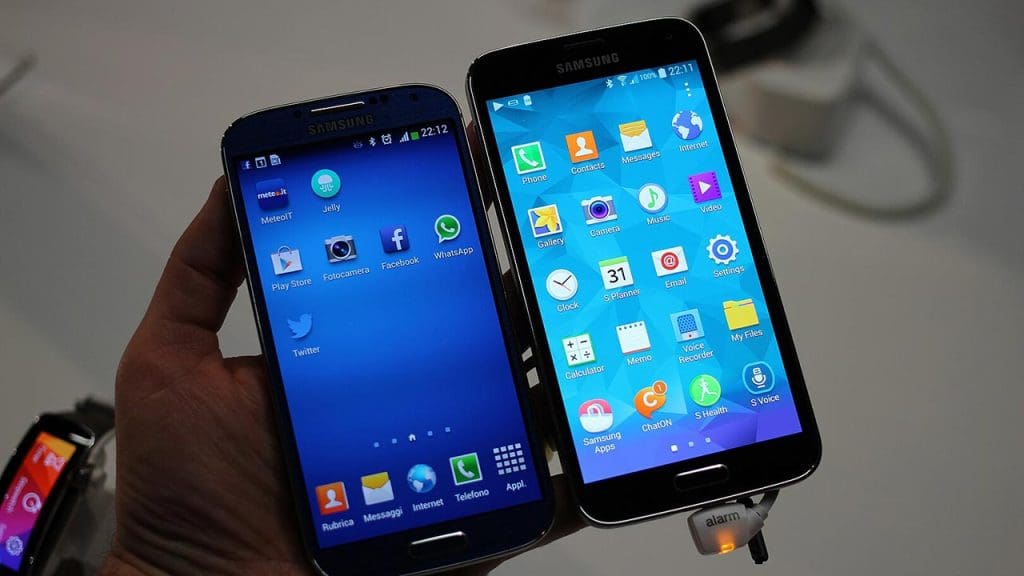
The Samsung Galaxy S5, released in 2014, is another device losing app support. As Android continues to evolve, older devices like the Galaxy S5 can no longer keep up with the demands of new apps. This means that users might find themselves unable to run the latest versions of their favorite apps, such as messaging apps or social networking platforms.
App developers often prioritize newer hardware, so features that rely on the latest technology may not function correctly on older models. Users who rely on their Galaxy S5 for daily tasks might find it increasingly difficult to engage with the digital world as these changes take effect.
LG G4
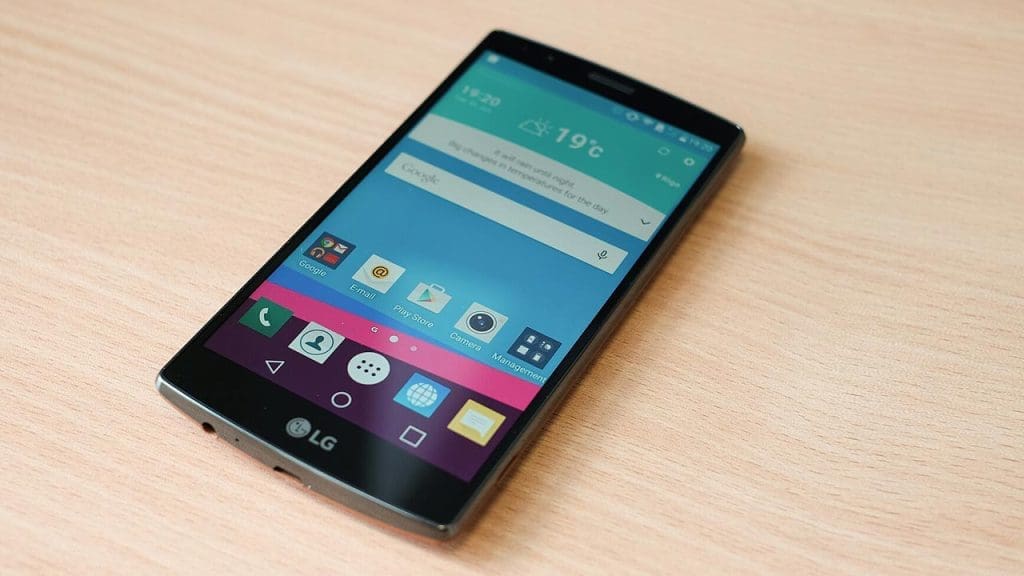
Released in 2015, the LG G4 is also facing the reality of losing app access. As app compatibility becomes more demanding, devices like the G4 struggle to meet the requirements of modern applications. Users will likely notice a decrease in the performance of apps like navigation tools and streaming services, which often require more processing power and updated software to run smoothly.
The lack of updates can also lead to security vulnerabilities, leaving personal data at risk. For LG G4 users, this year’s app accessibility changes could be a prompt to consider upgrading to a newer model that can handle the demands of current applications more effectively.
Sony Xperia Z3
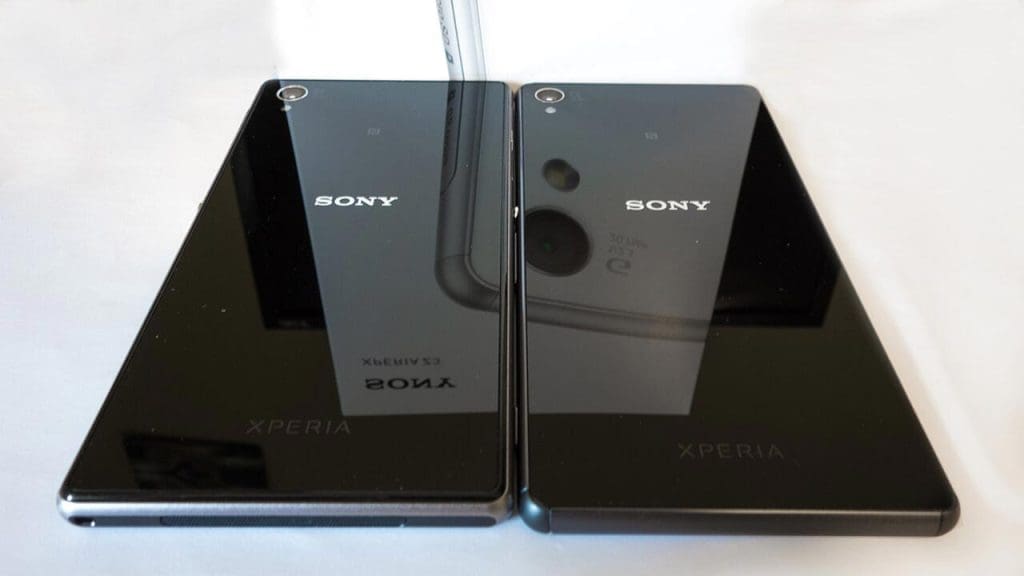
The Sony Xperia Z3, a favorite among many Android enthusiasts at its peak, is now experiencing app accessibility issues. Released in 2014, the Xperia Z3’s hardware limitations mean it can no longer support the latest Android updates, which impacts the availability and functionality of apps.
As developers focus on optimizing apps for newer devices, Xperia Z3 users might find themselves unable to access updates for essential apps. This situation is compounded by research showing that app incompatibility often drives users to seek newer devices that can keep pace with the evolving digital landscape.
HTC One M9
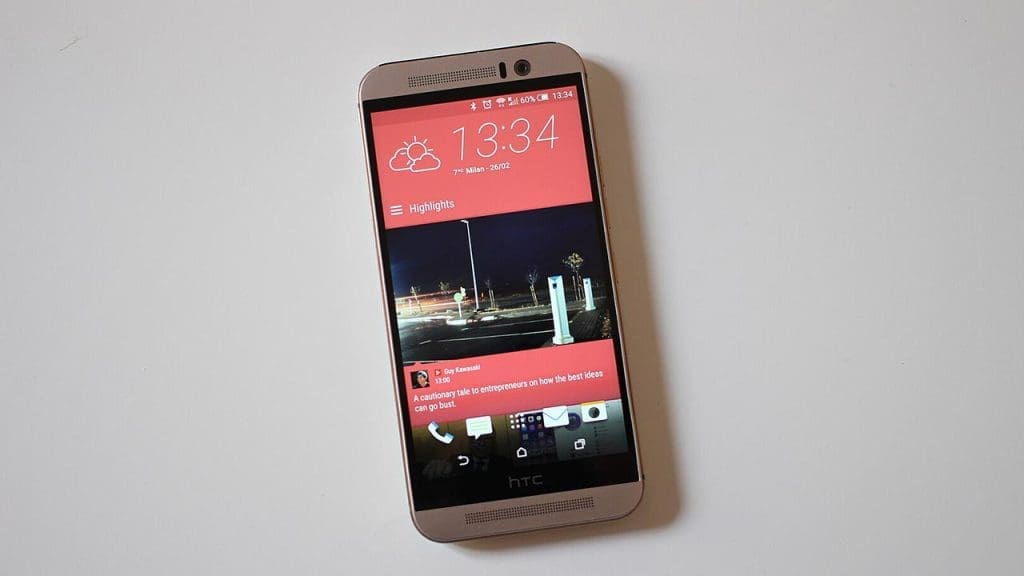
The HTC One M9, another popular device from 2015, is also seeing a decline in app support. As Android apps become more sophisticated, the One M9’s outdated hardware struggles to provide the necessary performance. Users may find that apps related to productivity and entertainment start losing functionality or become unavailable altogether.
This trend underscores the importance of staying current with mobile technology. While the HTC One M9 offered great features at its launch, the rapid pace of technological advancement means that users might need to look for alternatives to keep accessing the apps they rely on every day.
Microsoft Lumia 950
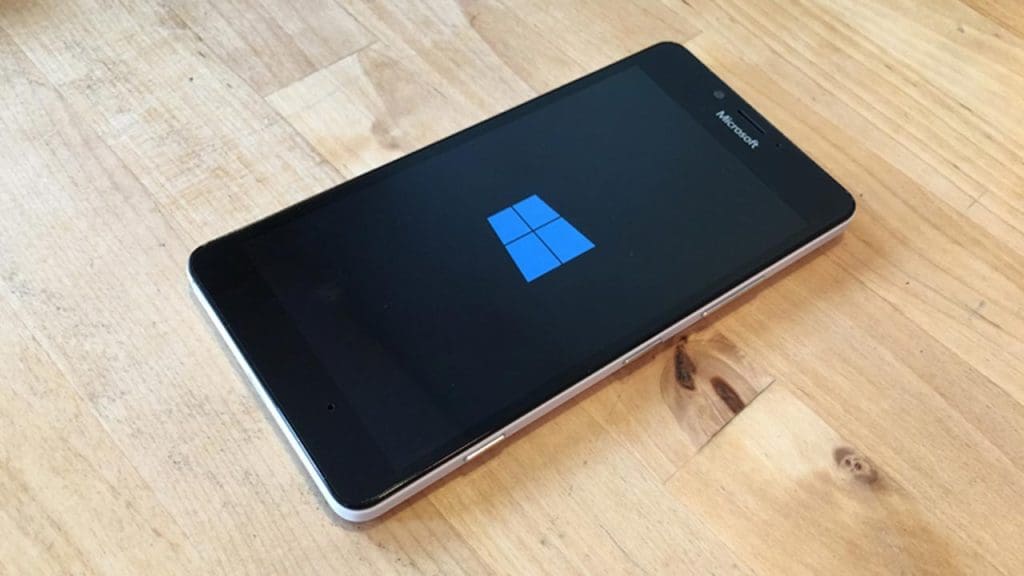
The Microsoft Lumia 950, a standout in the Windows Phone lineup, is now confronting the challenge of losing app support. As the Windows Phone platform has been largely phased out, apps that once thrived on this operating system are no longer receiving updates. This puts Lumia 950 users in a tough spot, especially for popular apps like WhatsApp.
According to recent reports, many older phones are facing a WhatsApp blackout, and the Lumia 950 is no exception. This situation highlights the broader shift away from Windows-powered phones and encourages users to explore new platforms that offer greater app support and functionality.